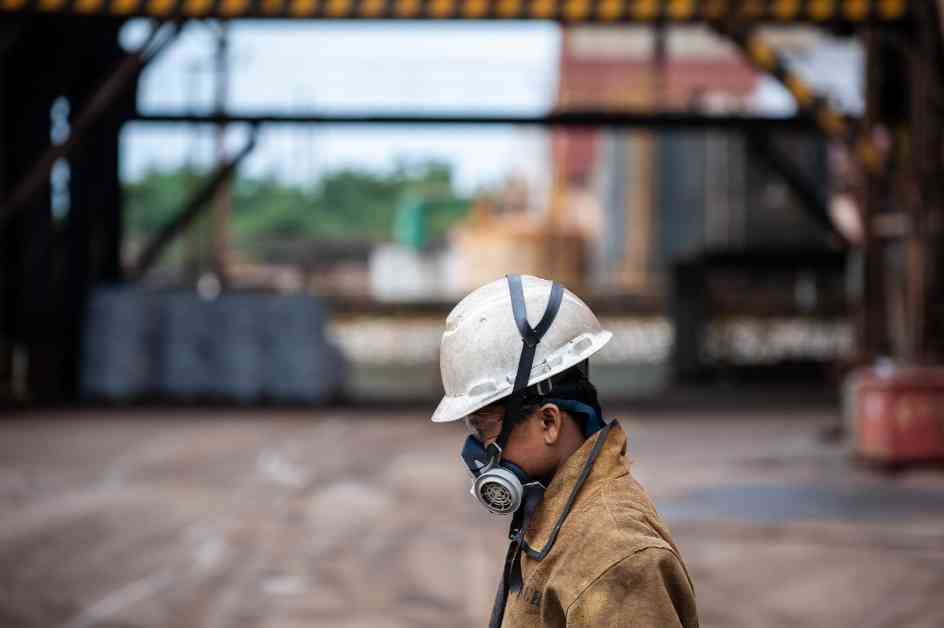Background
In the realm of global climate negotiations, a term that has been gaining traction is “just transition.” But what exactly does a just transition entail? The International Labour Organization (ILO) defines it as greening the economy in a way that is fair and inclusive, creating decent work opportunities, and ensuring no one is left behind. Central to this concept is the protection of human rights, a crucial component that often gets overshadowed amid the climate discourse.
The Case of Nickel
Nickel, a critical mineral crucial for energy storage systems and electric vehicles, plays a pivotal role in the transition to renewable energy. The International Energy Agency (IEA) projects a 240% surge in the primary supply of nickel between 2020 and 2040 to meet the escalating demand for storage systems and EVs. Indonesia stands as the world’s largest producer of nickel, accounting for half of global nickel extraction in 2023.
Human Rights Concerns
However, the surge in nickel production in Indonesia has raised significant human rights concerns. Chinese companies, heavily invested in Indonesia’s nickel supply chain, control a significant portion of the world’s nickel supply. This dominance has led to allegations of labor abuses, including child labor, forced labor, and unsafe working conditions.
Chinese workers in Chinese-owned nickel smelters have reportedly faced exploitation, including lower wages, longer hours, violence, and passport confiscation. Indonesian workers and local residents have also reported instances of labor abuse, land grabbing, and environmental pollution linked to nickel operations.
Call to Action
As the global community grapples with the imperative to combat climate change while upholding human rights, the need for a just transition becomes increasingly urgent. The Just Transition Work Program (JTWP), established at COP27, aims to foster climate action aligned with a just transition. Countries, including Australia, are urged to incorporate human rights considerations into their climate plans to ensure a holistic approach to combating climate change.
It is imperative for nations to move beyond rhetoric and take concrete steps to protect human rights in the transition to critical minerals like nickel. By supporting initiatives like the JTWP and integrating human rights into climate policies, countries can pave the way for a sustainable future that prioritizes both environmental preservation and human dignity.


















